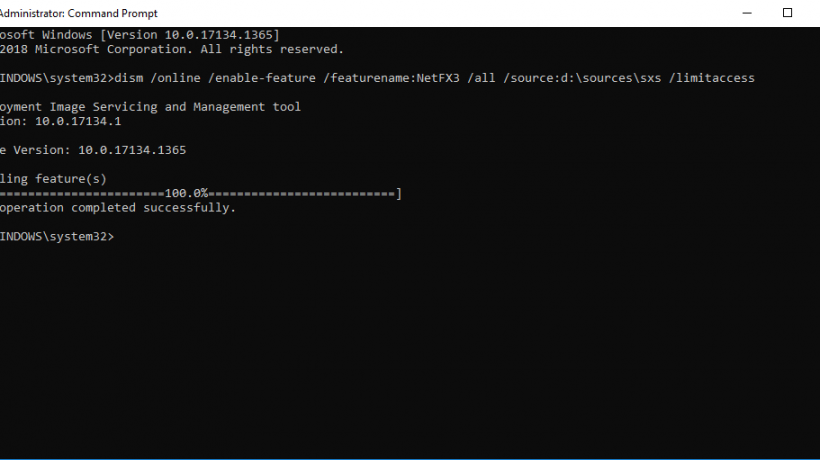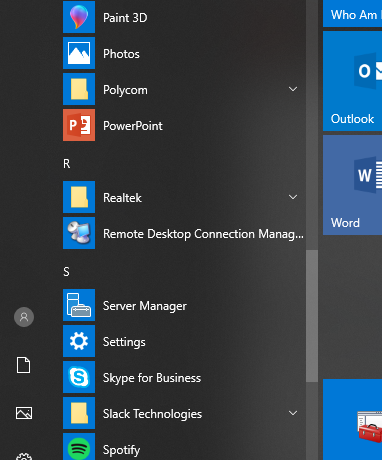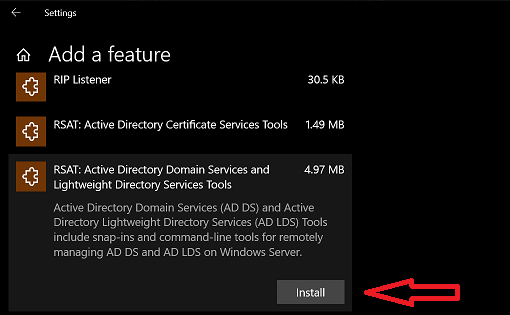Windows 7: The Missing Manual

Book Details:
- Binding: Paperback
- Pages: 904 Pages
- Publisher: Pogue Press; O’Reilly
- Language: English
Microsoft has had a poor track record when it comes to documentation coming with their operating systems. Last I remember, Windows 3.11 had a decent manual included, but starting with Windows 95, they got smaller and smaller until they are non-existent with Vista and windows 7. They expect users to know what they are doing, or buy a book to show them the way. For a lot of users, this isn’t much of a problem. But, for others, it is a necessity. Sometimes, they ask questions and get the answer “RTFM”, which stands for Read The Flipping Manual (or you can substitute other colorful language). Hard to do with no manual included. O’Reilly has published a series titled “The Missing Manual”, with the new “Windows 7: The Missing Manual” being the latest. Today, I am letting you know what to expect with the book, and if it is the right book for you.
Looking at the table of contents is like looking through a feature list of Windows 7, and is pretty much spot on as to what to expect with any manual for an operating system, missing or not. So, I decided to get to the meat and potatoes of the book. I started with the beginning and worked through until the end. Usually, books on computers aren’t exactly the easiest to read, sometimes reading like a stereo manual from Japan: confusing, difficult to understand and full of technical jargon. This is the first thing I noticed with this book, it is nothing like that. At all. It is an extremely easy to read book, written for the beginner, but going into enough detail to satisfy the more technical adept readers. The steps are easy to understand, but not dumbed down to become dull and condescending. The author always keeps his keen sense of humor throughout the entire book, making it not only informational but entertaining as well.
The book is divided into 8 Parts, each including several chapters. The parts are dedicated to a general topic. Part one is “The Windows 7 Desktop”, which goes over the desktop (obviously!), the Start menu, Explorer, Windows Search, changing the look of Windows and the built-in help system.
Part two goes through the built in software and gadgets along with the Control Panel. It goes into the details of opening and closing documents, speech recognition, Windows XP mode, and the free applications that Windows includes or provides free via Windows Live Essentials (which isn’t included in the OS due to anti-competitive lawsuits).
Part three is about getting online and being safe while online. It goes through details on the Windows Firewall, Defender, how to clear your cookies, security settings and details on Internet Explorer 8 and Windows Live Mail (and other Live services). Definitely a must read for those that continuously have to take their PC’s into the shop to remove viruses or malware.
Part four is all about multimedia, TV on your PC, Windows Media Player, and the awesome Windows Media Center.
Part five is getting your hardware and peripherals working with Windows 7 and how to access their full potential. From printers to scanners to tablet PC’s, it’s all here.
Part six is about PC health, which many people need to read. The main focus is on maintenance and speed tweaks, which is a common concern for many users. There is also a section on disk management, encrypting and compressing your files and the entire drive encryption program built into the OS: BitLocker.
Part seven is for networking and homegroups. Windows 7 introduced homegroups, and at time can be confusing to set up (although Microsoft intended it to be extremely easy). It goes into the basics of workgroups and domains, but not enough for a budding network administrator to run his small office network. It also shows you how to share your files and printers for other PC’s to access.
Part eight is for the appendixes. They show you how to install or upgrade to Windows 7, editing the registry, keyboard shortcuts and a ‘Where’d it go’ section to show you where Microsoft has so elegantly moved some commonly used areas. It can get frustrating to know where something is for years, and it takes only a click or two to access, then with the new edition, you’re stuck searching for half an hour for a shortcut in the Control Panel. Good to have that included.
This book is definitely a manual for Windows 7. Every feature that is included in the OS is included in the book. However, said that, it is aimed at the general user, not for a power user that really wants to dig into the registry and edit system files. It is aimed for anyone that wants to learn how to use the OS, all it’s features, and become a knowledgeable user. It won’t teach you how to debug blue screens or any advanced configuration (that comes in another book, review coming soon! Windows Internals 5), but it isn’t meant to. If you are looking to learn how to use Windows 7 proficiently, quickly, and become more efficient, then this book definitely begs a read through. However, if you feel comfortable with Windows, know how to use the built in applications, or are more of the hands on type (when you hit a brick wall, then you RTFM), you might want to skip to something a bit more advanced.
You can purchase the book from Amazon(Windows 7: The Missing Manual ), or at your local bookstore. MSRP: $39.99 USD
), or at your local bookstore. MSRP: $39.99 USD




